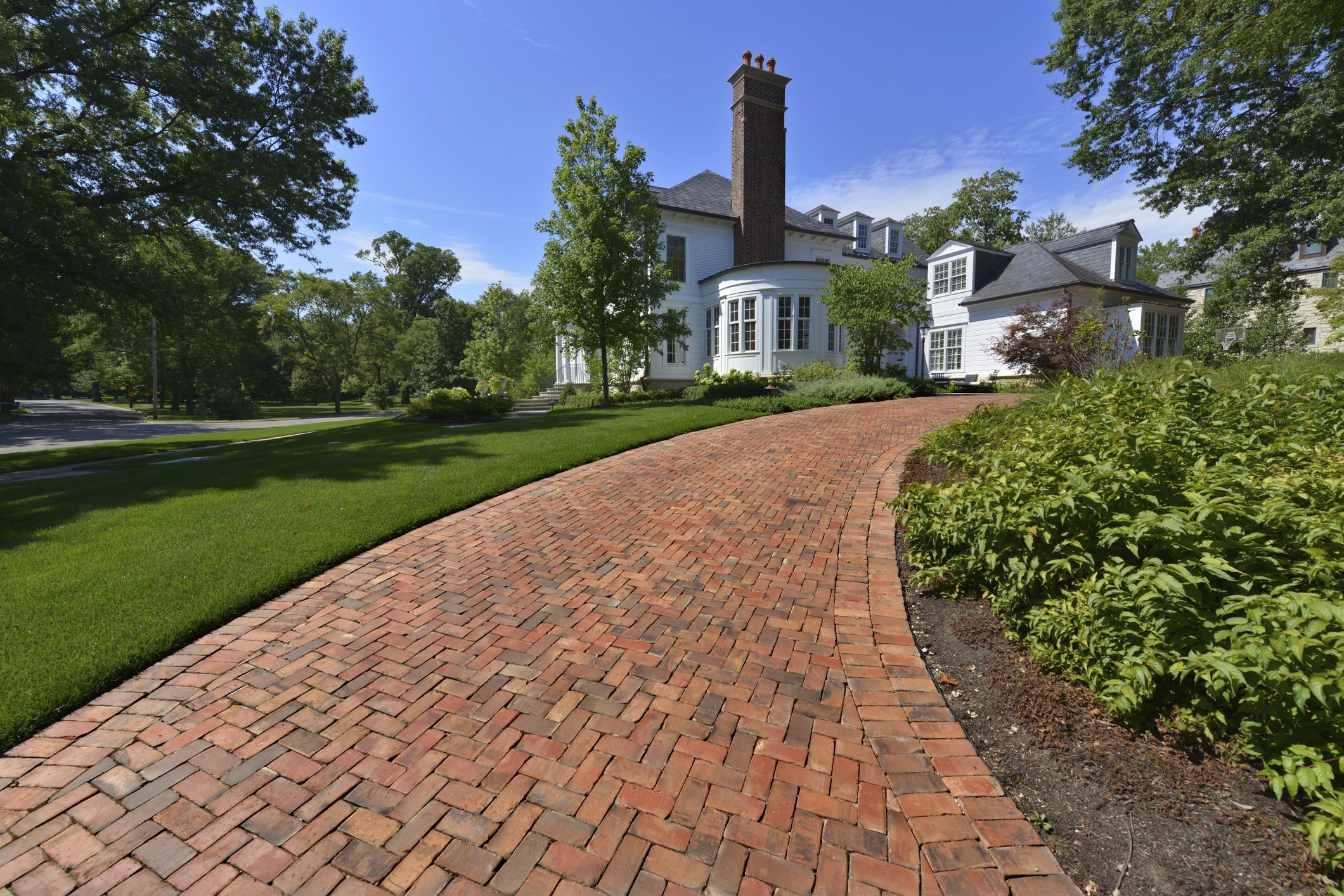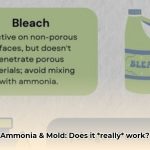Want a driveway that’s both gorgeous and built to last? A brick driveway offers timeless elegance and enhances curb appeal, but it’s a significant investment. This comprehensive guide covers every aspect, from choosing the right bricks to long-term maintenance, helping you decide if a brick driveway is the perfect fit for your home. We’ll explore materials, styles, installation, costs, maintenance, and even compare brick to other popular driveway options. Ready to pave your way to a stunning entrance? Let’s get started.
Choosing the Right Bricks: Materials and Styles
The beauty of a brick driveway lies in its versatility. From traditional clay to modern concrete pavers, the options are vast, allowing you to create a driveway that complements your home’s architectural style.
Brick Types
- Clay Bricks: Offer a traditional, warm aesthetic and exceptional durability, much like a well-worn pair of jeans. They age gracefully, developing unique character over time.
- Concrete Pavers: Provide a more budget-friendly and versatile alternative, resembling a tailored suit. Available in various colors and shapes, concrete pavers are engineered for heavy-duty use.
- Reclaimed Bricks: For an eco-conscious and historically rich choice, reclaimed bricks add character and a touch of the past to your driveway. Some experts suggest they offer a richer aesthetic than newly manufactured bricks.
Laying Patterns
Just as clothing styles can drastically alter an outfit, the laying pattern dramatically impacts the overall look of your driveway.
- Herringbone: Creates a dynamic, eye-catching design, adding a touch of visual flair.
- Running Bond: Offers a classic, clean look, ideal for traditional or minimalist homes.
- Basketweave: Presents a more intricate, textured appearance, adding depth and dimension to your driveway. Ongoing research explores new and innovative patterns, so stay tuned for emerging trends!
Color Palette
Bricks come in a surprising range of colors, allowing for a driveway that reflects your personal style.
- Earth Tones: Traditional reds, browns, and yellows create a warm, inviting feel.
- Cool Grays: Offer a contemporary, sleek look that complements modern architecture. Consider mixing and matching colors for a custom design.
Building Your Brick Driveway: Installation
Installing a brick driveway is a complex project best left to experienced professionals. While some homeowners might be tempted to DIY, it’s akin to electrical work – best handled by experts. Here’s a general overview:
Site Preparation
This crucial phase involves excavating the area, ensuring proper grading for drainage, and compacting the soil to create a stable foundation, the backbone of your driveway.
Base Construction
A layer of gravel and sand is laid to further enhance drainage and provide a level surface for the bricks.
Brick Laying
The bricks are meticulously placed according to the chosen pattern. Precision and expertise are key here to ensure structural integrity and a visually appealing result.
Edging and Borders
Installing edging and borders contain the bricks, prevent spreading, and offer a clean, polished finish. Unleash your creativity and explore a multitude of charming and durable brick mailbox ideas to further enhance your home’s curb appeal.
Sealing
A sealant protects the bricks from harsh weather, staining, and wear, extending their lifespan.
Planning Your Investment: Cost and Budget
Brick driveways generally require a higher initial investment than asphalt or concrete. However, their exceptional durability and potential for a longer lifespan may translate to lower maintenance costs over time, making them a cost-effective choice in the long run. Several factors influence the overall cost:
Cost Factors
- Brick Type: Reclaimed bricks can sometimes be more expensive due to sourcing and preparation. Concrete bricks are usually the most budget-friendly option.
- Project Size: Larger driveways require more materials and labor, directly affecting the total cost.
- Labor Costs: Professional installation significantly contributes to the overall expense, but ensures quality and longevity.
- Site Preparation: Extensive site work, like dealing with challenging terrain, adds to the project’s budget.
- Design Complexity: Intricate patterns, curves, and custom designs require more specialized labor and materials, impacting the final cost.
Keeping it Pristine: Maintenance
Maintaining a brick driveway is simpler than you might think.
Maintenance Tips
- Regular Cleaning: Sweeping or occasional power washing removes dirt and debris, keeping your driveway looking its best.
- Weed Control: Prevent unwanted growth between the bricks with regular weeding or the application of a weed preventative.
- Sealing: Resealing every few years protects the bricks from the elements, preventing staining and extending their lifespan.
- Repairs: If a brick cracks or chips, individual replacement is relatively easy and cost-effective, unlike repairing large sections of concrete.
Weighing the Options: Pros and Cons
| Pros | Cons |
|---|---|
| Enhances Curb Appeal and Property Value | Higher Initial Cost |
| Exceptional Durability and Longevity | Potential for Weed Growth |
| Design Versatility | Can be Slippery When Wet or Icy |
| Relatively Low Maintenance | Professional Installation Often Required |
| Permeable Options Available for Drainage |
Some homeowners suggest that the enhanced aesthetic and long-term durability outweigh the initial cost.
Design Ideas and Inspiration
A brick driveway offers endless design possibilities.
Design Inspiration
- Contrasting Borders: Define your driveway with a contrasting border to add visual interest and create a polished look.
- Curved Designs: Soften the landscape with gentle curves and flowing lines for a more organic feel.
- Integrated Hardscaping: Create a cohesive look by integrating your driveway with walkways, patios, and other hardscaping elements. Transform your floors with the timeless elegance and rustic charm of brick tile floor designs, adding character and warmth to any space.
- Landscaping Integration: Incorporate plants, trees, and flowerbeds to complement your driveway’s warm tones and create a welcoming entrance.
Comparing Alternatives
Driveway Material Comparison
- Asphalt: The most affordable option upfront, asphalt requires frequent maintenance and has a significantly shorter lifespan than brick.
- Concrete: A middle-ground choice, concrete is more durable than asphalt but susceptible to cracking, requiring more extensive repairs.
- Pavers: Similar to brick in design versatility, pavers might be less durable than brick, depending on the chosen material.
Finding a Contractor
Choosing the right contractor is crucial for a successful brick driveway installation.
Choosing a Contractor
- Referrals: Ask friends, family, or neighbors for recommendations.
- Online Reviews: Check online reviews and ratings on sites like Yelp or Angie’s List.
- Experience: Ensure they have specific experience with brick driveway installations.
- Quotes: Get multiple quotes and compare proposals carefully before making a decision.
Is a Brick Driveway Cheaper Than Concrete?
This is a common question, and the answer depends on your perspective. While concrete is typically less expensive upfront (around 17% less, according to some sources), brick’s longevity can lead to long-term savings. Concrete driveways, while initially more budget-friendly, are prone to cracking and eventual replacement. This long-term cost can eventually surpass the initial investment in a brick driveway. High-quality brick pavers, with proper installation and maintenance, can last for decades, even generations, potentially outlasting several concrete driveways.
| Feature | Brick | Concrete |
|---|---|---|
| Initial Cost | Higher | Lower |
| Longevity | Longer | Shorter |
| Maintenance | Lower | Potentially Higher |
| Aesthetics | More Varied | More Uniform |
| Installation | More Complex | Simpler |
So, while concrete offers short-term savings, brick is an investment in durability and potentially lower lifetime costs.
Is Brick Good for Driveways?
Absolutely! Brick offers a unique blend of beauty, durability, and design versatility. While the initial cost might be higher than other materials, the potential for a longer lifespan, lower maintenance costs, and enhanced curb appeal make it a compelling choice. Factors like proper installation, regular maintenance, and climate play a role in its long-term success. The textured surface of brick also provides better traction than smoother surfaces like concrete, especially in wet or icy conditions.
How Long Do Brick Driveways Last?
Brick driveways are renowned for their longevity, typically lasting 25-45 years, and even generations with proper care. A well-compacted base is crucial for maximizing lifespan. Climate, maintenance, and brick quality also influence longevity. Regular sweeping, sealing, and prompt repairs contribute to a longer-lasting driveway. While brick requires a higher upfront investment, its longer lifespan compared to concrete or asphalt can translate to long-term cost savings. Some experts believe high-quality clay bricks can last upwards of 100 years, though this depends on numerous factors.
By carefully considering your budget, aesthetic preferences, and long-term goals, you can determine if a brick driveway is the right investment for your home. This guide provides the knowledge you need to make an informed decision.
- Does 100% Polyester Shrink? A Complete Guide to Washing & Drying - April 16, 2025
- Elegant Drapery Solutions for Arched Windows: A Complete Guide - April 16, 2025
- The Best Dining Room Tables with Drop Leaves: A Buyer’s Guide - April 16, 2025










